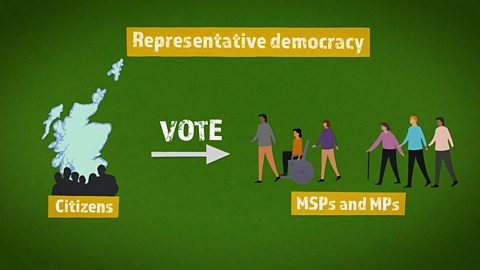Why are there two parliaments?
Scotland is a representative democracy, which means its citizens vote for individuals to represent them. Everyone in Scotland is represented at two parliaments by MPs at the UK Parliament in Westminster and MSPs at the Scottish Parliament in Holyrood. The UK Parliament has the power to make laws on reserved matters. These include benefits and social security, immigration, defence, foreign policy, employment, trade and industry, broadcasting, energy, oil, coal, gas and electricity. Data protection and the Constitution. The Scottish Parliament has the power to make laws on devolved matters. These include agriculture, forestry and fisheries education and training, environment, health and social services, housing, law and order, local government and many aspects of transport. Since 2016, the Scottish Parliament has also had control over some tax and benefits. In theory, the two parliaments have clearly separate responsibilities, but sometimes there is disagreement about the extent of their powers or the impacts of their decisions. When this happens, it’s up to the Supreme Court to judge who is right.
Description
Watch this video to find out which reserved matters the UK Parliament has power over, and which devolved matters are under the control of the Scottish Parliament.
Democracy in Scotland
Now playing video 1 of 5
- Now playing1:46
